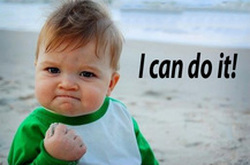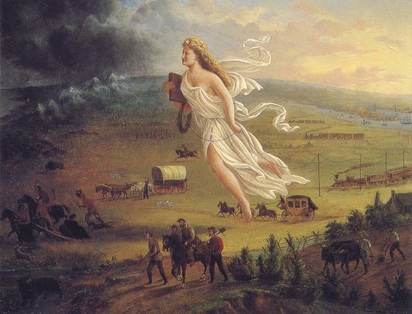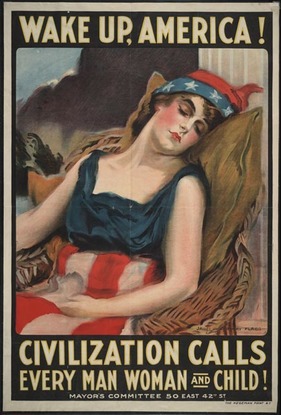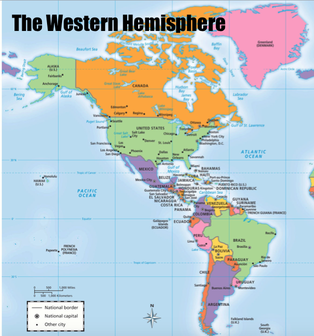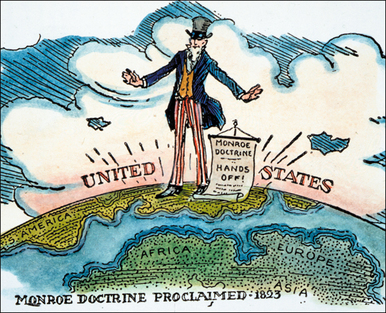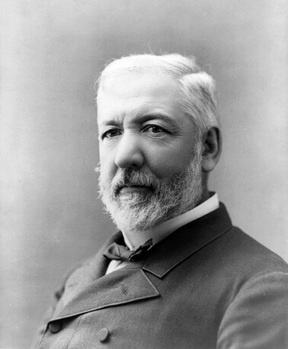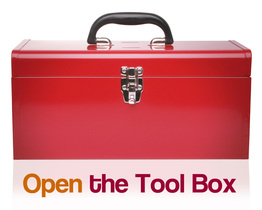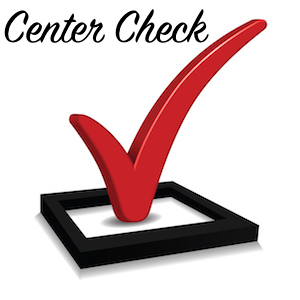AMERICA'S DEVELOPING FOREIGN POLICY
READ ABOUT IT!
Welcome to the America's Developing Foreign Policy Virtual Center. The first thing your group needs to do is read about how America's foreign policy developed before World War I. After you read, you need to work together to complete the America's Developing Foreign Policy Center Page in your Lesson Chronicles.
A NEW ATTITUDE
Great Rapprochement
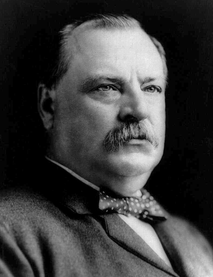 Grover Cleveland
Grover Cleveland
I, Grover Cleveland, America’s 22nd President, oversaw a major turning point in American foreign policy. Before my time relations with Great Britain were very strained indeed! We fought them during our Revolution and again in 1812, so most Americans were not very fond of the Brits back then.
Problems arose again in 1895 in a dispute over Venezuela. The border between British Guiana and Venezuela had been an issue for some time. When gold was discovered there, it seemed the British bullies intended to move in, regardless of our warnings. Eventually they backed down, seeing the need to build friendly relations with us since tensions were building in Europe at this time. This “Great Rapprochement” as it came to be known, ushered in a new relationship between the Brits and the United States.
Problems arose again in 1895 in a dispute over Venezuela. The border between British Guiana and Venezuela had been an issue for some time. When gold was discovered there, it seemed the British bullies intended to move in, regardless of our warnings. Eventually they backed down, seeing the need to build friendly relations with us since tensions were building in Europe at this time. This “Great Rapprochement” as it came to be known, ushered in a new relationship between the Brits and the United States.
Open Door Policy
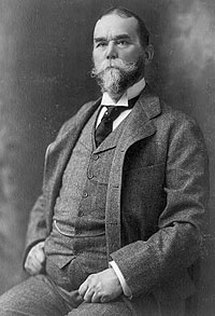 John Hay
John Hay
I, John Hay, served as Secretary of State beginning in 1898. One of my first official actions was to deal with China. That country was very weak after losing a war with Japan; it was like fresh meat to the European vultures ready to pick its remains. I knew China would soon be carved up and wanted the U.S. to have a piece. So, I made a bold move in 1899, sending what was called the “Open Door Note” to the powerful European nations. I challenged them to announce their respect for the rights of other nations, including the U.S., to trade freely with China. They agreed for the most part, to my Open Door Policy but the Chinese were not at all pleased.
In 1900 a group called the Boxers rose up and tried to drive all foreigners from China. The Boxer Rebellion quickly raged out-of-control, as the Boxers killed over 200 missionaries and other Westerners. So America sent 2,500 men as part of a joint military mission to crush the rebellion.
In 1900 a group called the Boxers rose up and tried to drive all foreigners from China. The Boxer Rebellion quickly raged out-of-control, as the Boxers killed over 200 missionaries and other Westerners. So America sent 2,500 men as part of a joint military mission to crush the rebellion.
Big Stick Diplomacy
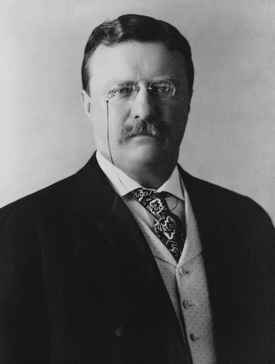 Teddy Roosevelt
Teddy Roosevelt
I am President Theodore Roosevelt, perhaps best-known for building the Panama Canal, a project we took over from the French. We badly needed a shorter water route in lieu of the long, dangerous trip around South America, even if we had to build it ourselves. At the time the Isthmus of Panama was under Colombia’s control, so, it was good news indeed that the people in Panama revolted! I was criticized for using our navy to block Colombia’s forces, but they knew we supported the Panamanians and decided not to cross us. After that, dirt flew fast and furious and we got our canal.
My approach was to “Speak softly and carry a big stick,” an addition to the Monroe Doctrine known as the Roosevelt Corollary. I called it, "Big Stick Diplomacy". I vowed the U.S. would involve itself in any threats to Latin America. We sent troops, took over customs houses, and even paid off debts to keep Latin America from foreign rule. Of course my critics scolded me for brandishing my “big stick” to become the policeman of the Caribbean. But I would argue we had an obligation to keep Europeans from taking advantage of weak Latin American nations.
My approach was to “Speak softly and carry a big stick,” an addition to the Monroe Doctrine known as the Roosevelt Corollary. I called it, "Big Stick Diplomacy". I vowed the U.S. would involve itself in any threats to Latin America. We sent troops, took over customs houses, and even paid off debts to keep Latin America from foreign rule. Of course my critics scolded me for brandishing my “big stick” to become the policeman of the Caribbean. But I would argue we had an obligation to keep Europeans from taking advantage of weak Latin American nations.
Dollar Diplomacy
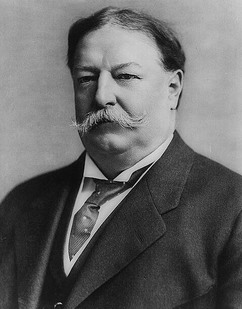 William Howard Taft
William Howard Taft
As president I, William Howard Taft, did my best to protect America’s economic dealings in Latin America. There were many American companies with factories and other interests there. My approach, called “dollar diplomacy,” was to use our economic strength to stabilize the region through loans and investments. The U.S. economy was doing quite well at the time, and helping our neighbors allowed us to further our interests.
For instance when a rebellion broke out in Nicaragua in 1912, I sent troops in to seize the customs houses and protect our trade. Once the rebels set up their government, American bankers offered them loans, which set the stage for a friendly relationship. We also pumped a lot of money into Haiti and Honduras to keep European bankers and investors out. In this way we ensured they wouldn’t take over there as they had in other areas of the world...
For instance when a rebellion broke out in Nicaragua in 1912, I sent troops in to seize the customs houses and protect our trade. Once the rebels set up their government, American bankers offered them loans, which set the stage for a friendly relationship. We also pumped a lot of money into Haiti and Honduras to keep European bankers and investors out. In this way we ensured they wouldn’t take over there as they had in other areas of the world...
Moral Diplomacy
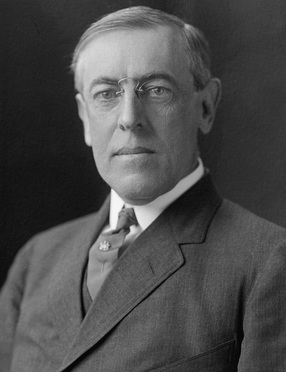 Woodrow Wilson
Woodrow Wilson
I, Woodrow Wilson, the nation’s 28th president, hated the idea of American imperialism in Latin America and elsewhere. As president I declared war on dollar diplomacy, refusing to give special favors or support to American investors in Latin America. I repealed the Panama Canal Tolls Act that exempted U.S. ships from paying tolls and promised independence to the people of Panama when they could establish a stable government, which they did in 1946.
My approach, known as “moral diplomacy.” My policy is to make the United States the conscience of the world by using our influence to condemn imperialism and help nations who want to gain democracy. We need to become friends with our neighbors because we share a common interest in democracy not because we are providing them with money and investments to further our own economy.
...We must prove ourselves their friends and champions upon the terms of equality and honor... We must show ourselves friends by comprehending their interest, whether it squares with our own interest or not. It is a very perilous thing to determine the foreign policy of a nation in the terms of material interest. It not only is unfair to those with whom you are dealing, but it is degrading as regards your own actions."
Now, that said, I did use America’s economic power to encourage democracy, which brought some criticism. Also, in rare cases as in Mexico, we did more. The Mexican Revolution there threatened our border as well as U.S. business in that country. Even so, it was with a heavy heart that I sent in troops to unseat that nation’s dictator.
My approach, known as “moral diplomacy.” My policy is to make the United States the conscience of the world by using our influence to condemn imperialism and help nations who want to gain democracy. We need to become friends with our neighbors because we share a common interest in democracy not because we are providing them with money and investments to further our own economy.
...We must prove ourselves their friends and champions upon the terms of equality and honor... We must show ourselves friends by comprehending their interest, whether it squares with our own interest or not. It is a very perilous thing to determine the foreign policy of a nation in the terms of material interest. It not only is unfair to those with whom you are dealing, but it is degrading as regards your own actions."
Now, that said, I did use America’s economic power to encourage democracy, which brought some criticism. Also, in rare cases as in Mexico, we did more. The Mexican Revolution there threatened our border as well as U.S. business in that country. Even so, it was with a heavy heart that I sent in troops to unseat that nation’s dictator.
PROVE IT!
You just learned about America's foreign policy before World War I and you analyzed the different foreign policies. Now you need to show off what you know. Complete the Center Check by clicking on the Center Check Icon below and answering the questions.
CENTER COMPLETE!
You have completed the America's Developing Foreign Policy Center. Click on the button below to go back to the Lesson 3 - America Enters World War I.
